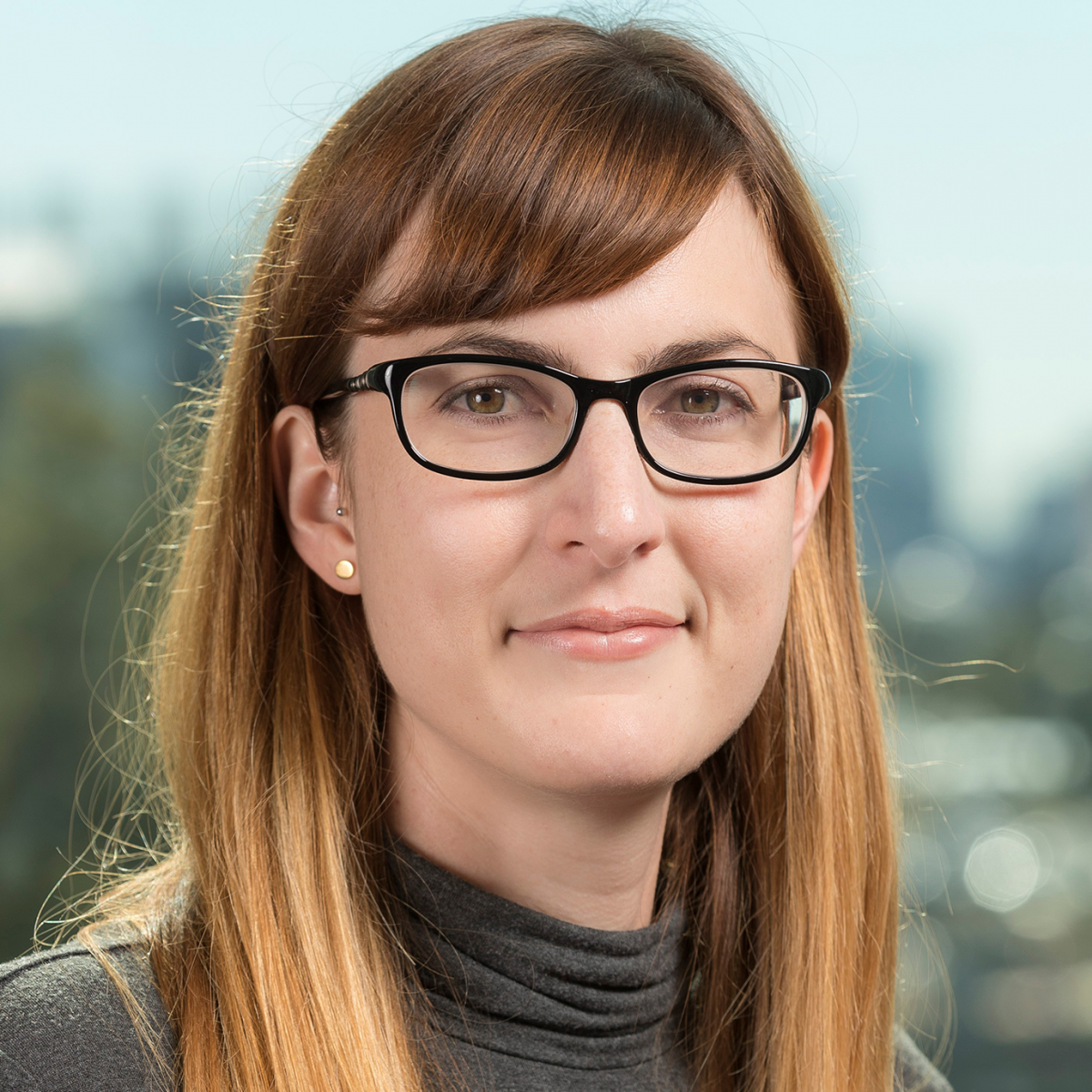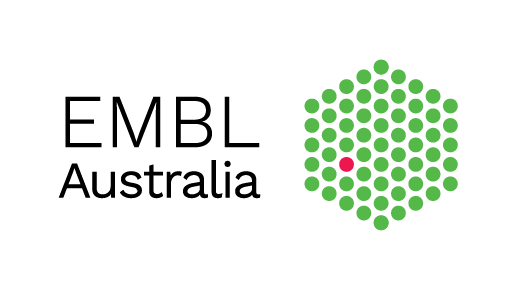Felicity Davis

Decoding calls to action
Learn more about the Calcium Signalling group
About Felicity Davis (she/her)
Dr Felicity Davis holds a joint appointment between SMS and Aarhus University in Denmark. She has brought together her unique expertise in calcium signalling, mammary biology, adult stem cells and volumetric imaging, with the overarching goal of improving our understanding of mothers’, women’s and babies’ health.
Felicity trained as a pharmacist before embarking on a PhD in the field of breast cancer under the supervision of Professors Sarah Roberts-Thomson and Greg Monteith at the University of Queensland. She subsequently joined Jim Putney’s lab at the National Institute of Environmental Health Sciences (NIEHS) in North Carolina as an NIH Visiting Fellow (2012-2014), where she explored novel roles for store-operated calcium channels in mammalian systems. In 2014, Felicity was awarded an NHMRC CJ Martin Fellowship to join Christine Watson’s group in the Department of Pathology and Cambridge Stem Cell Institute (University of Cambridge). Here, Felicity branched into adult stem cell biology, adopting a mutation-based genetic labelling strategy for single cell lineage-tracing studies in the mouse mammary gland. This unbiased approach enabled the group to elucidate the contribution of a single, lineage-restricted stem cell to the creation of the adult epithelium.
In 2018, Felicity was awarded an NHMRC Career Development Fellowship and Project Grant to start her independent research group at the University of Queensland. Felicity is a strong advocate for equity and diversity in science and the mentorship and sponsorship of early career scientists.
Out today in @PNASNews we reveal how Ca2+ signals coordinate the flow of milk from secretory alveoli to the nipple during lactation https://t.co/a5s80SXNl1 A wonderful team effort by @Stevenson_alex2 @DrYassum @tenealestewart @DrNickCondon @BethLloydLewis @LabEthan @_adamewing 1/ pic.twitter.com/wWXQ33IOmE
— Felicity Davis (@felicitydavis2) October 9, 2020
Select Publications
Stevenson AJ*, Vanwalleghem G*, Stewart TA, Condon, ND, Lloyd-Lewis B, Marino N, Putney JW, Scott EK, Ewing AD and Davis FM. Multiscale imaging of basal cell dynamics in the functionally-mature mammary gland. Proceedings of the National Academy of Sciences USA (2020) 117(43) 26822-32.
Lloyd-Lewis B, Harris O, Watson CJ and Davis FM. Mammary stem cells: Premise, properties and perspectives. Trends in Cell Biology (2017) 27(8):556-67.
Davis FM*, Lloyd-Lewis B*, Harris OB, Kozar S, Winton DJ, Muresan L, Watson CJ. Single cell lineage tracing in the mammary gland reveals stochastic clonal dispersion of stem/progenitor cell progeny. Nature Communications (2016) 7:13053.
Davis FM, Janoshazi A, Kyathanahalli S, Steinckwich N, D’Agostin D, Petranka JG, et al. Essential role of Orai1 calcium channels in lactation. Proceedings of the National Academy of Sciences USA (2015) 112(18):5827-32.
Davis FM, Azimi I, Faville RA, Peters AA, Jalink K, Putney JW, et al. Induction of epithelial-mesenchymal transition (EMT) in breast cancer cells is calcium signal dependent. Oncogene (2014) 33(18):2307-16.
*Equal contribution
More Information
In the News
Career Highlights
- Novo Nordisk Foundation Young Investigator Award
- Metcalf Prize for Stem Cell Research
- NHMRC Career Development Fellowship
- NHMRC Early Career Fellowship
- University Medal from The University of Queensland
Current Funding Sources
- NHMRC
- Novo Nordisk Foundation
- US Department of Defense
- National Stem Cell Foundation of Australia



